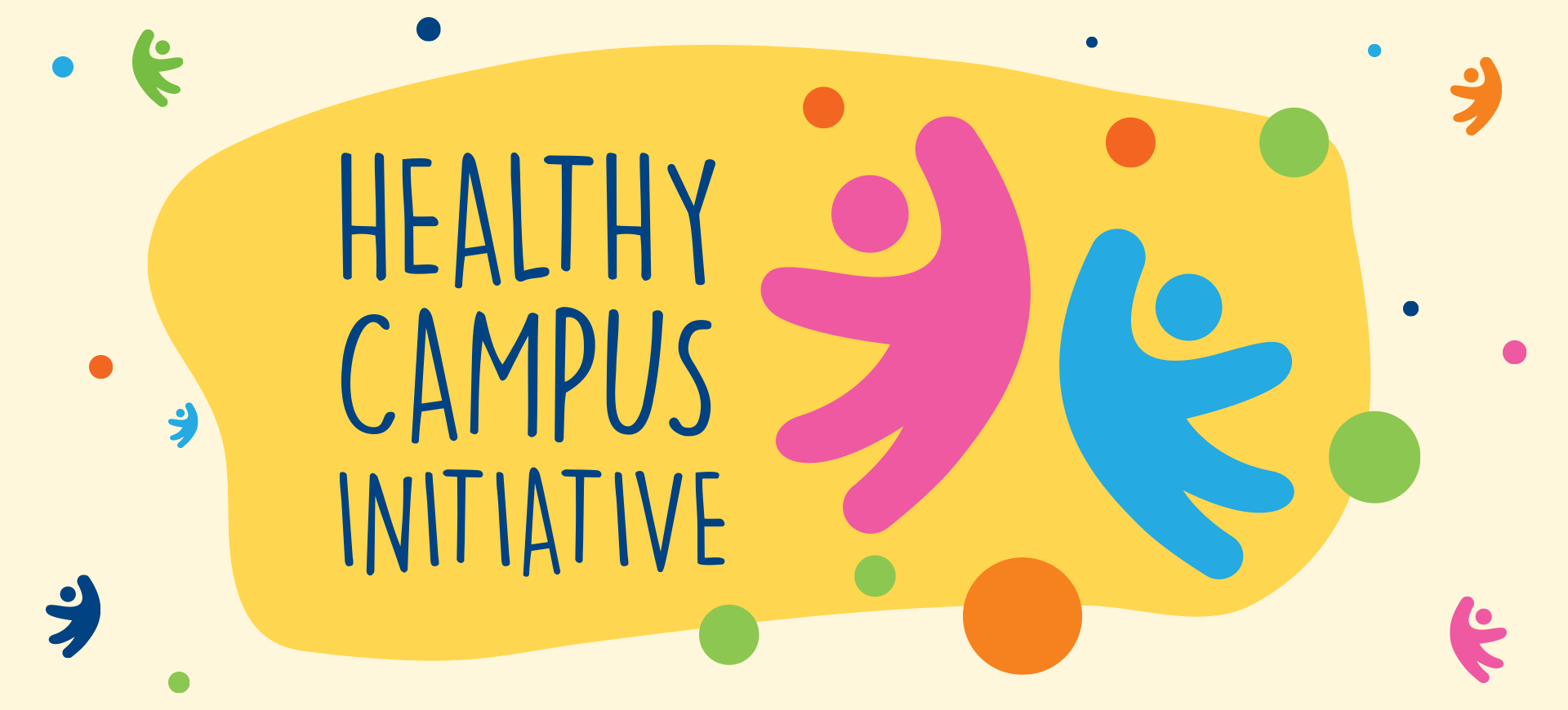What is the Healthy Campus Initiative (HCI)?
HCI aims to promote a healthy lifestyle for the entire NUS community through changing of dining habits, encouragement to take up physical activities and any other relevant means.
What is the HCI funding about?
The HCI fund, administered by NUS Health and Wellbeing (HWB), grants students funding for health and wellbeing projects.
Successful fund recipients will be mentored by a NUS staff for their HCI project.
Frequently Asked Questions
- Current full-time NUS staff and undergraduate students
- Applicant must exhibit leadership qualities and organisational skills
The HCI Fund is open for application twice a year. Applications should be submitted at least 8 weeks before the project start date.
|
Semester |
Application Opens |
Application Closes |
Outcome of Application |
|
1 |
1 August |
1 October |
30 October |
|
2 |
10 January |
1 March |
30 March |
- Full-time staff/ students.
- Primary lead to be NUS staff/students.
- Initiatives should:
- be developed and implemented in NUS by and for staff/students.
- improve an aspect of physical health: physical activity, healthy eating, sleep.
- be scoped to be campus wide (priority can be given to one’s faculty/department but be able to accept participation from all).
- address how would it be funded, or which partners to work with for programme continuation and sustainability, once HCI funding is over.
Each proposal is thoroughly and individually assessed and funding will be distributed based on the project's scope and outcome.
Complete the following documents and email them to hci@nus.edu.sg
Additional documents you need to submit:
- CV and Bios of applicants and team members
- Samples of past work (if available)
- Other relevant documents (if any)
Kindly note that even if the project as a whole is approved, the funding will be unable to support any of the following expenditures:
- General operating expenses of start-up costs of student clubs, societies or interest groups
- Direct cash prizes or outright donations to beneficiaries
- Overseas travel expenditure (including but not limited to airfare, flight/train tickets, accommodation costs)
- Goodie bags, door gifts and volunteers' t-shirts
- Vendor fees and honorarium e.g. workshop training fees
- Audit, legal, utilities, fines and penalties fees, insurance premiums for equipment e.g. third-party liability insurance;
- Purchase and maintenance of fixed assets/equipment
- Tobacco and alcohol products
- Any private and personal consumption items
- Items, goods or services where approved team members have a direct stake or interest in (This is to avoid conflict of interest)
- Items that are not directly relevant to the proposed project or for which alternatives or substitutes are available within the University
- Any other items at the discretion of the fund manager.


